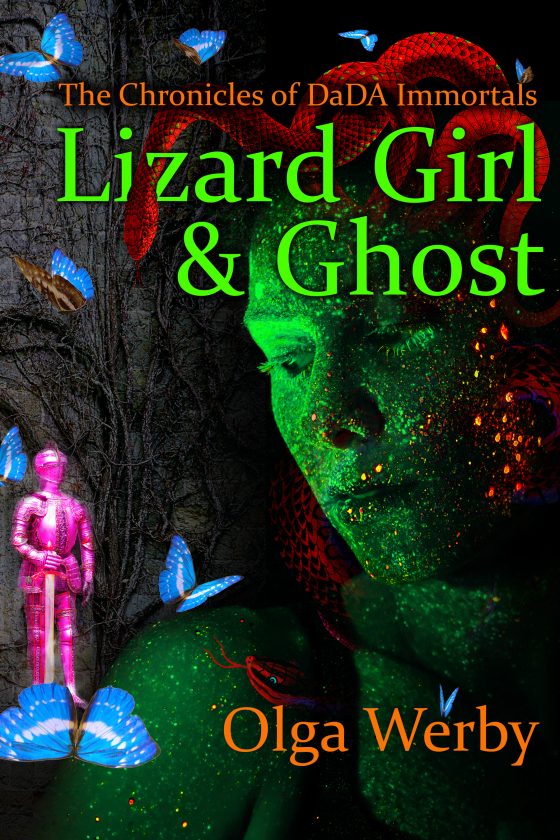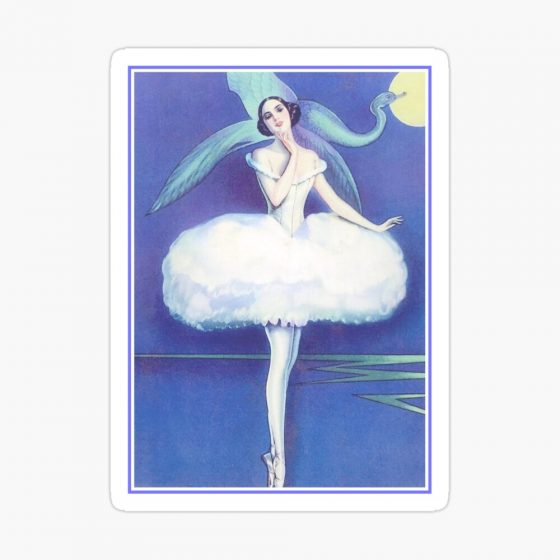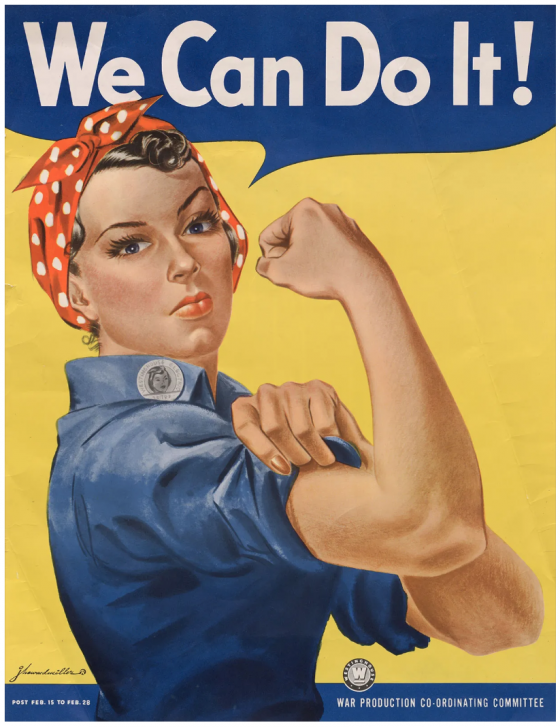
After four years of dodging COVID, we finally succumbed. It’s a nasty virus and, after two weeks in bed, I’m just starting to be able to write again. I did read a few books while sick, and I wasn’t fond of any of them! I didn’t find the characters interesting, and the storylines were boring, and frankly I didn’t see a point in the narrative. There were too many names and characters all introduced up front and I couldn’t keep track of who was who and why I should care. Given how I felt, I can’t leave reviews — I was in the wrong frame of mind. But it was interesting in retrospect. All readers are different. It’s not only our abilities, it’s our cultural backgrounds, our language skills, our availability to read at times when we are able to process information easily, our time in general. There are readings that are just like candy — fun and delicious. And there are those that are “good for you.” And, of course, there are books and articles that we read for professional advancement. All require different support structures to make the reader’s task easier. Indexes, bibliographies, just-in-time lookups, dictionaries, note taking,…
Read more →







